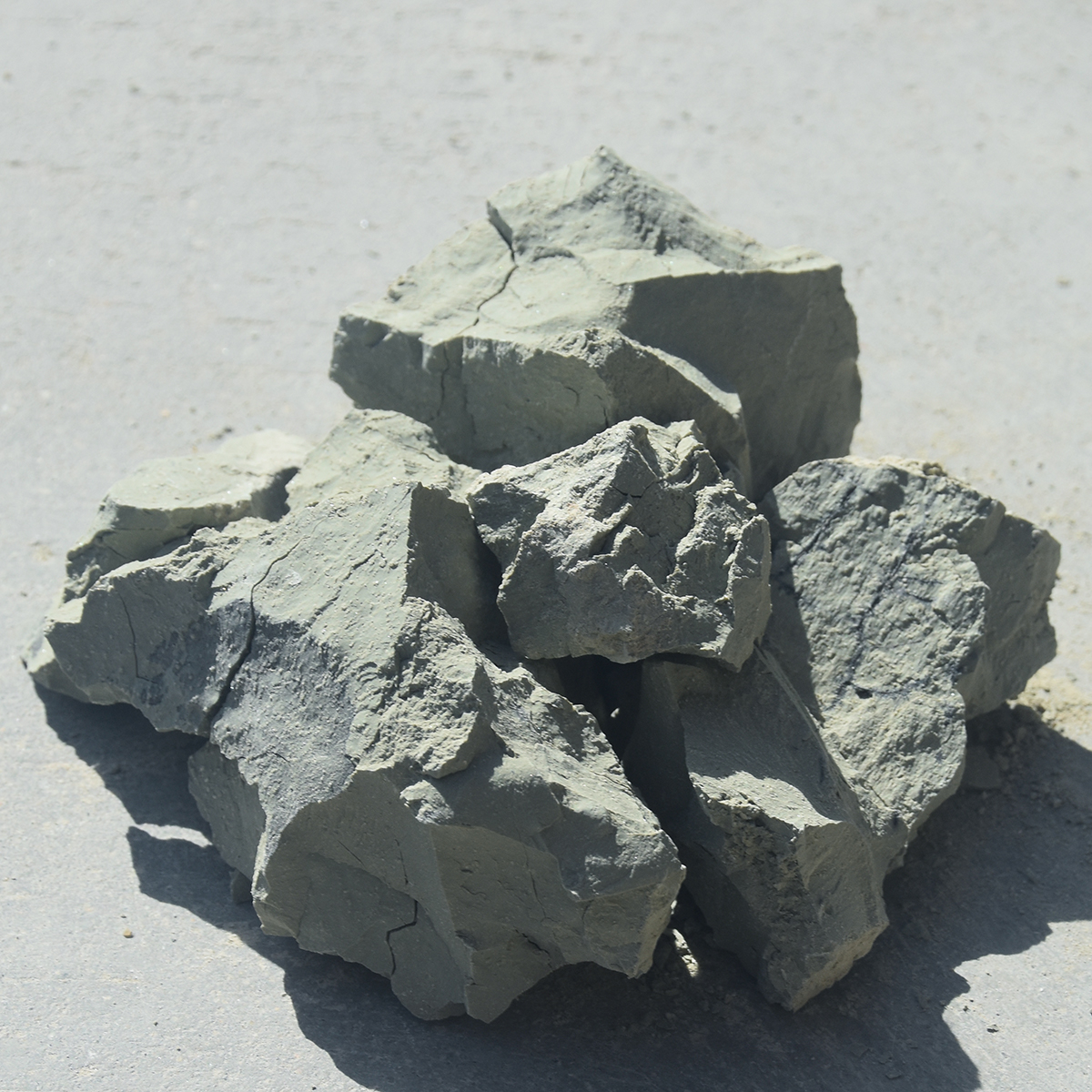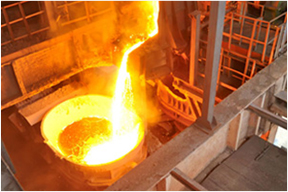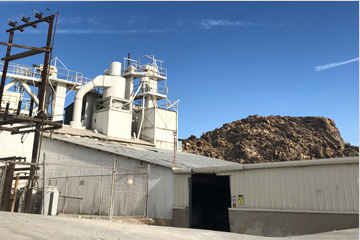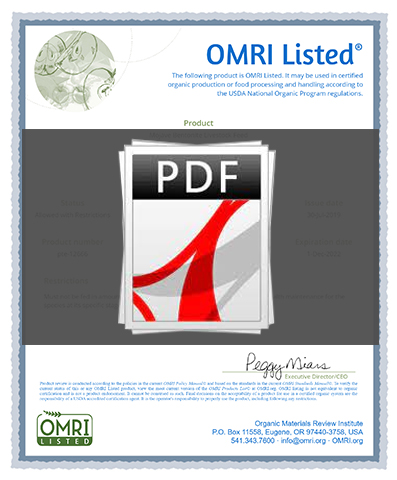BENTONITE
BENTONITE (Calcium & Sodium Bentonite)
Bentonite is a multi-use clay generated from volcanic ash. They are considered predominantly in the smectite mineral family. This volcanic clay was formed millions of years ago when mineral sea deposits came in contact with the Earth’s surface at incredibly high temperatures. The result created a magnetic charge, hence the alternative name “living clay.”
This magnetic charge creates a pulling effect from the clay, making it a powerful detoxing agent for the body. It is often used in the health industry to remove toxins from the body, or even the product being sold. For example, bentonite is used during the wine making process to remove sulfates from the liquid. The clay also has significant physical properties, making it useful for building projects.Bentonite presents strong colloidal properties and its volume increases several times when coming into contact with water, creating a gelatinous and viscous fluid. The special properties of bentonite (hydration, swelling, water absorption, viscosity, thixotropy) make it a valuable material for a wide range of uses and applications.
Bentonite is a natural alternative to many of the world’s artificial answers. It has been donned the mineral of a thousand uses as it’s incredibly healing properties are beneficial to a number of industries and projects.
Bentonite when it is extracted is distinctly solid, with a slightly moist content. We then crush the material and then mill it to powder form at the granularity desired. Afterwards, we air dry the bentonite. There are no chemicals or heat treating used during our process. This produced pristine and unadulterated clay material.
A few popular industries our Bentonite is used in are below:

Bentonite – Raw Ore – Pacific Minerals Group, LLC

Cat Litter
Bentonite is an integral ingredient for cat litter, due to it’s ability to absorb liquid waste products by clumping (which can be easily removed) thus leaving the remaining product intact for further use. Please also refer to our Zeolite as an additional ingredient for cat litter.
Product Demo

Foundry
Bentonite is used as a bonding material in the preparation of molding sand for the production of iron, steel and non-ferrous casting. The unique properties of bentonite yield green sand moulds with good flowability, compactability and thermal stability for the production of high quality castings.

Pharmaceuticals/Cosmetics and Medical Markets
Often used as a filler in pharmaceuticals. Its absorption and adsorption functions allows paste formation. Such applications include industrial protective creams, calamine lotion, wet compresses, and anti-irritants for eczema. In medicine, bentonite is used as an antidote in heavy metal poisoning. Personal care products such as mud packs, sunburn paint, baby and face powders, and face creams may all contain bentonite.

Pelletizing
Bentonite is used as a binding agent in the production of iron ore pellets. Through this process, iron ore fines are converted into spherical pellets, suitable as feed material in blast furnaces for pig iron production, or in the production of direct reduction iron (DRI).

Construction and Civil Engineering
Bentonite in civil engineering applications is used traditionally as a thixotropic, support and lubricant agent in diaphragm walls and foundations, in tunnelling, in horizontal directional drilling and pipe jacking. Bentonite, due to its viscosity and plasticity, also is used in Portland cement and mortars.

Environmental Markets
Bentonite’s adsorption/absorption properties are very useful for wastewater purification. Common environmental directives recommend low permeability soils, which naturally should contain bentonite, as a sealing material in the construction and rehabilitation of landfills to ensure the protection of groundwater from the pollutants. Bentonite is the active protective layer of geosynthetic clay liners.

Drilling
Another conventional use of bentonite is as a mud constituent for oil and water well drilling. Its roles are mainly to seal the borehole walls, to remove drill cuttings and to lubricate the cutting head.

Oils/Food Markets
Bentonite is utilized in the removal of impurities in oils where its adsorptive properties are crucial in the processing of edible oils and fats (Soya/palm/canola oil). In drinks such as beer, wine and mineral water, and in products like sugar or honey, bentonite is used as a clarification agent.

Agriculture
Bentonite is used as an animal feed supplement, as a pelletizing aid in the production of animal feed pellets, as well as a flowability aid for unconsolidated feed ingredients such as soy meal. It also is used as an ion exchanger for improvement and conditioning of the soil. When thermally treated, it can be used as a porous ceramic carrier for various herbicides and pesticides.

Detergents
Laundry detergents and liquid hand cleansers/soaps rely on the inclusion of bentonite, in order to remove the impurities in solvents and to soften the fabrics.

Paints/Dyes and Polishes
Due to its thixotropic properties, bentonite and organoclays function as a thickening and/or suspension agent in varnishes, and in water and solvent paints. Its adsorption properties are appreciated for the finishing of indigo dying cloth, and in dyes (lacquers for paints & wallpapers).

Paper
Bentonite is crucial to paper making, where it is used in pitch control, i.e. absorption of wood resins that tend to obstruct the machines and to improve the efficiency of conversion of pulp into paper as well as to improve the quality of the paper. Bentonite also offers useful de-inking properties for paper recycling. In addition, acid-activated bentonite is used as the active component in the manufacture of carbonless copy paper.

Catalyst
Chemically-modified clay catalysts find application in a diverse range of duties where acid catalysis is a key mechanism. Most particularly, they are employed in the alkylation processes to produce fuel additives.orillon, in Southern France.

What is OMRI?
OMRI supports organic integrity by developing clear information and guidance about materials, so that producers know which products are appropriate for organic operations. OMRI is a 501(c)(3) nonprofit organization that provides an independent review of products, such as fertilizers, pest controls, livestock health care products, and numerous other inputs that are intended for use in certified organic production and processing. When companies apply, OMRI reviews their products against the organic standards. Acceptable products are OMRI Listed® and appear on the OMRI Products Lists©. OMRI also provides technical support and training for professionals in the organic industry.

